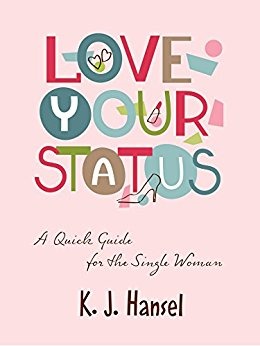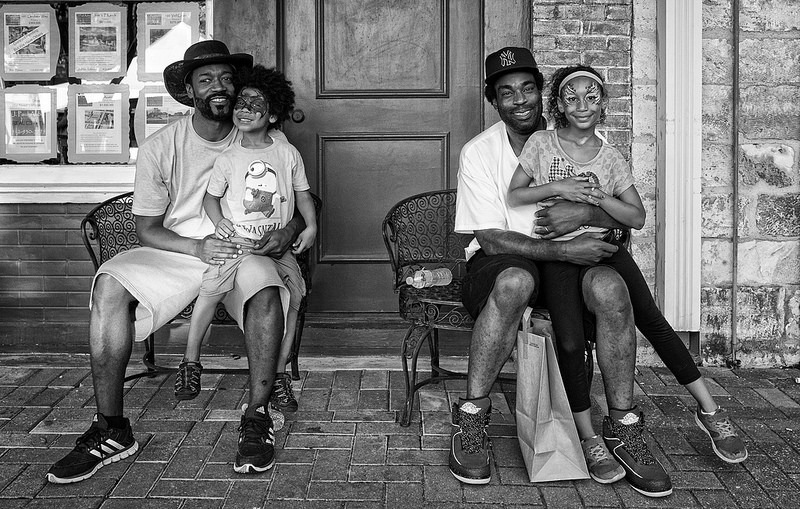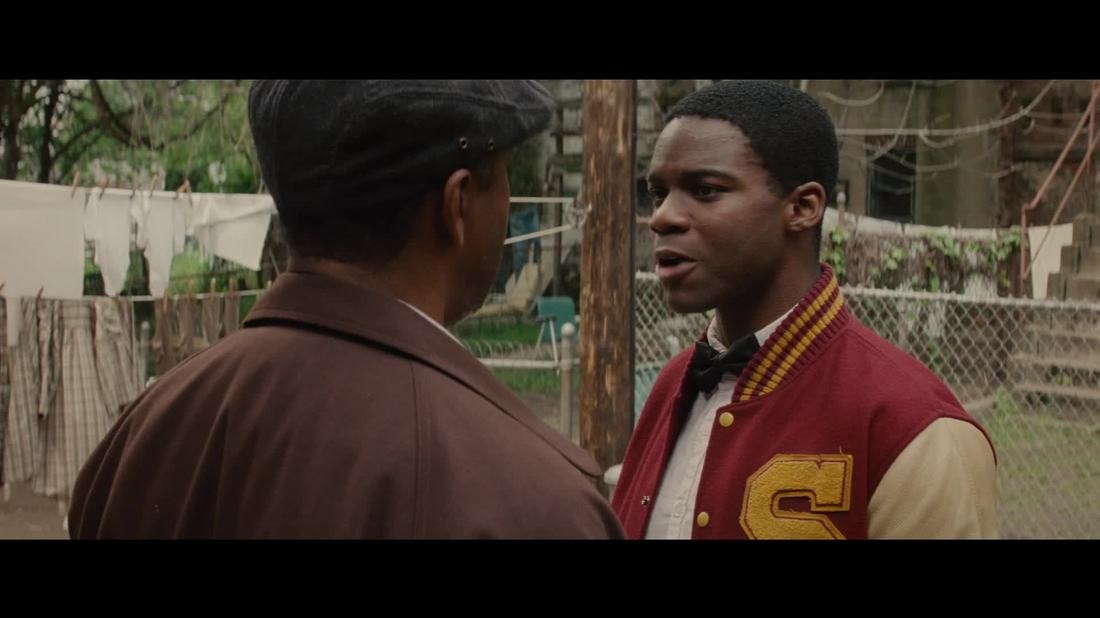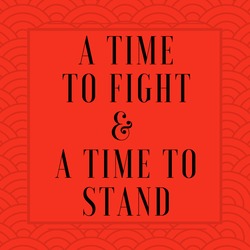In a time when encouragement for single women who have been taking a stand for Christ is scarce, It was so refreshing for me to hear the below sermon from Pastor Tony Evans. The name of the teaching series this sermon is found in is called Marriage Matters Part I. It’s a 7 part CD series. I’ve only posted one part, and that is the sermon called, “A Lesson on Romance.”
The lesson looks at the Song of Solomon and it affirms women who have been taking a stand for Christ. It reminds us that it is okay to expect God’s best. There is something that brings freedom and removes the tension, confusion, and shame often associated with being single for a long period of time, when a man of God not only echoes our deep-seated desires for a godly mate, but says with great strength, surety, and authority that yes this is what we should expect and stand on as women of God.
Some key points made were the man God is sending will affirm the woman’s value in how she sees herself, women should not descend in character or identity to accommodate getting a man, women should cause a man instead to ascend to her God-given standard—This is done by her maintaining her standard, no matter how hard it gets for a woman of character she should still continue to maintain her character through the hard times, and a woman who is of noble character still needs protecting.
The woman Should Not Descend in Character
A common question that a woman who has been set apart by God has is whether she has to lower herself or not to get a man. In some cases, women are looked at as being Jezebaals for taking a stand on the standard that God has given her. She is looked at as too rigid, pompous, or imbalanced when within herself she just wants to be loved in the correct way. She is gracious about her stance, but firm and sure.
Pastor Evans says that a woman should not descend in character to get a man. He sets this woman at ease as he explains that a woman should require a man to respect her and to ascend to the standard God has given her to hold on to.
Continue to Maintain Character During Hard Times
Pastor Evans uses the story of the woman from the Song of Solomon, who had been through some hard things, and yet she has resolved to maintain her integrity throughout the midst of it. Likewise, Pastor Evans encourages single women to continue to maintain their integrity in spite of the hard times. All of us who have been standing as singles know just how hard the times can get, but God has taken this into account when he gave us his word, and his word will help us to stand in the hard times. Continue to be resilient and resolved to stand during hard times.
The Right Man Will Affirm who We Are in Christ
Again, single women are comforted to know that it is okay not to just choose the current man available, yet unqualified. We should be looking for specific qualities such as a man affirming who we are in Christ. If how he is treating us or what he is calling us isn’t lining up with what God is calling us, and how Christ treats us, he isn’t the one. Move on.
A Woman who Stands for Christ Still Needs Protecting
There is a scripture that Pastor Evans brings out that talks about how to deal with a woman who is a door and one who is a wall:
“If she is a wall, we will build towers of silver on her. If she is a door, we will enclose her with panels of cedar. Song of Solomon 8:9”
The way that Pastor Evans explained it is the woman who is the wall (Not easy, not giving it up) is to be celebrated and built up so that she will continue in doing so. He explained the scripture in such a way where it does not take for granted that because the woman has stood for a long time that she is cool, and will automatically continue to stand. Her brothers, who understand the value of what she is doing stand with her because they value her as their sister.
The other side of the scripture is explained in such a way as to protect the girl who does not understand her worth nor the value of holding out until marriage. She is the door letting any visitor come on in. She obviously needs to be protected, hidden, and on lock down until she can get it together.
I thought it was awesome that the scripture explained to protect both girls and to remind both girls of their worth, and not just the girl who was a door. The sermon made me feel like as a woman that it is okay for me to desire to be protected, covered, and loved the way that God said I should be–like Christ loves the church. If standing through all of the pain and disappointment ensued is the way to get there; then I will continue to stand empowered that I do not have to stand alone. God is backing us along with his word and other godly men and women like Pastor Tony Evans.
To order the full series from Pastor Tony Evans, Click the following link: Click here!
Listen to the complete sermon below, and also order the full teaching series at his website:












